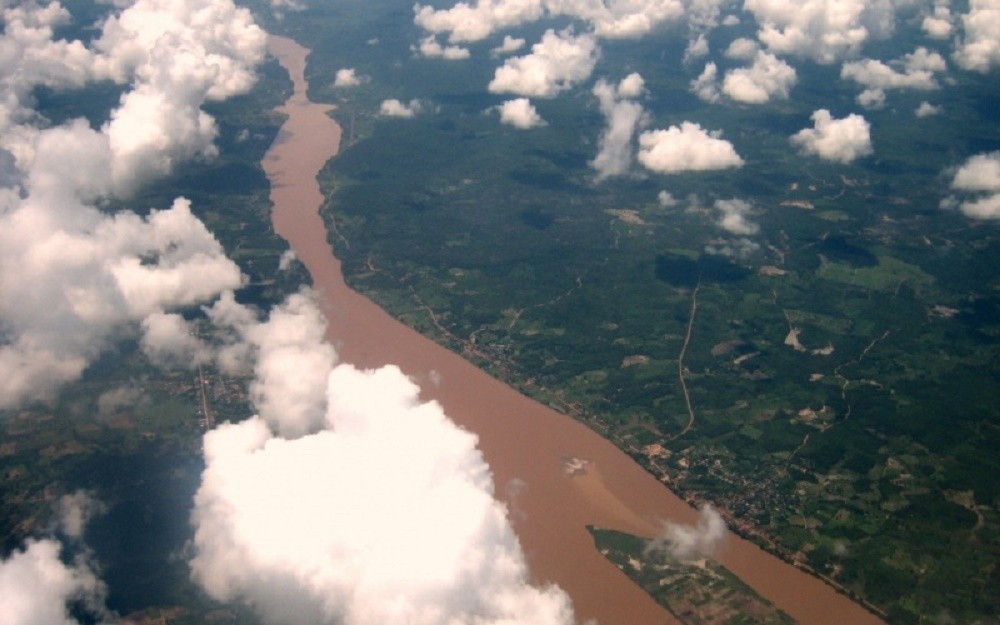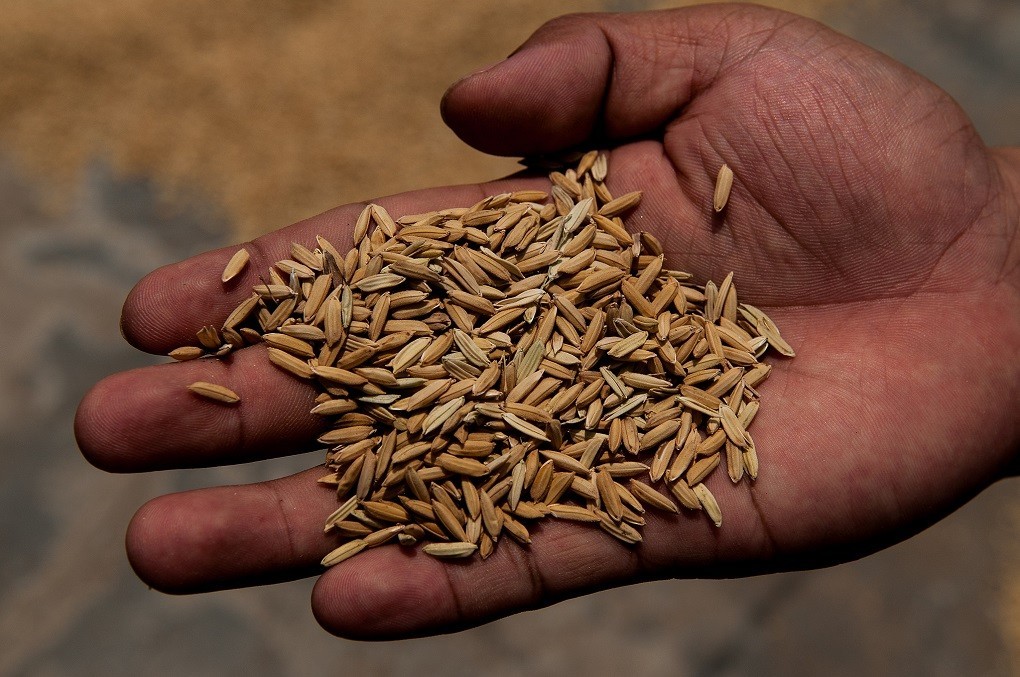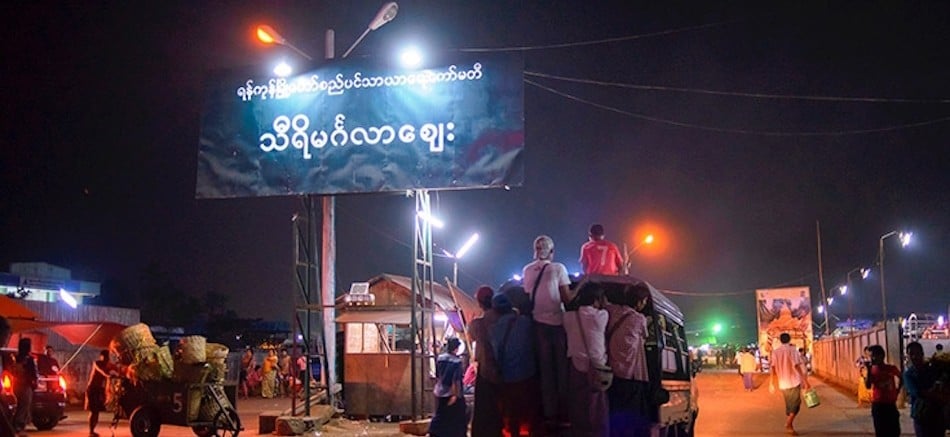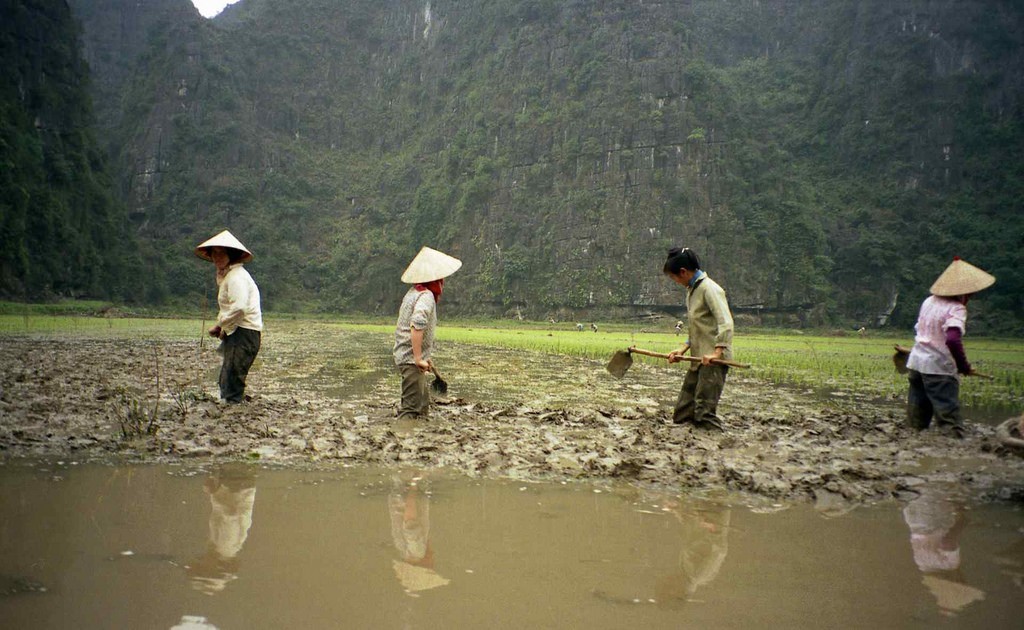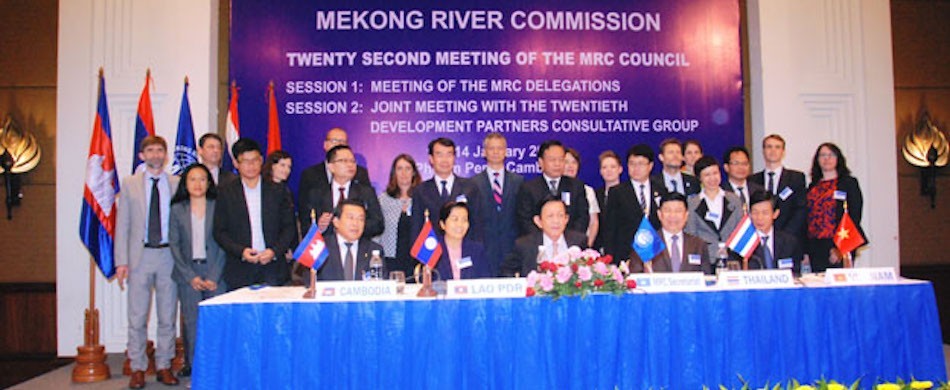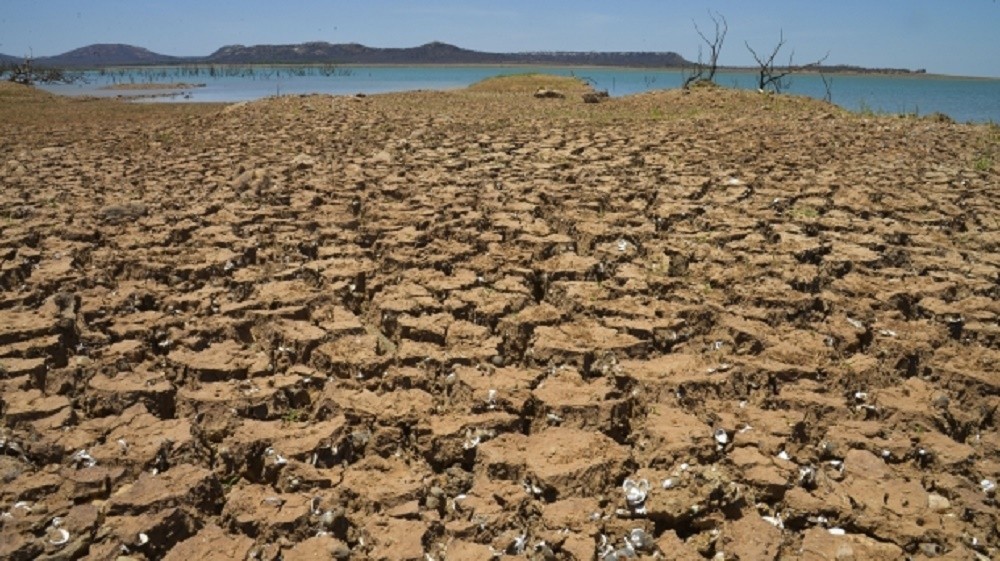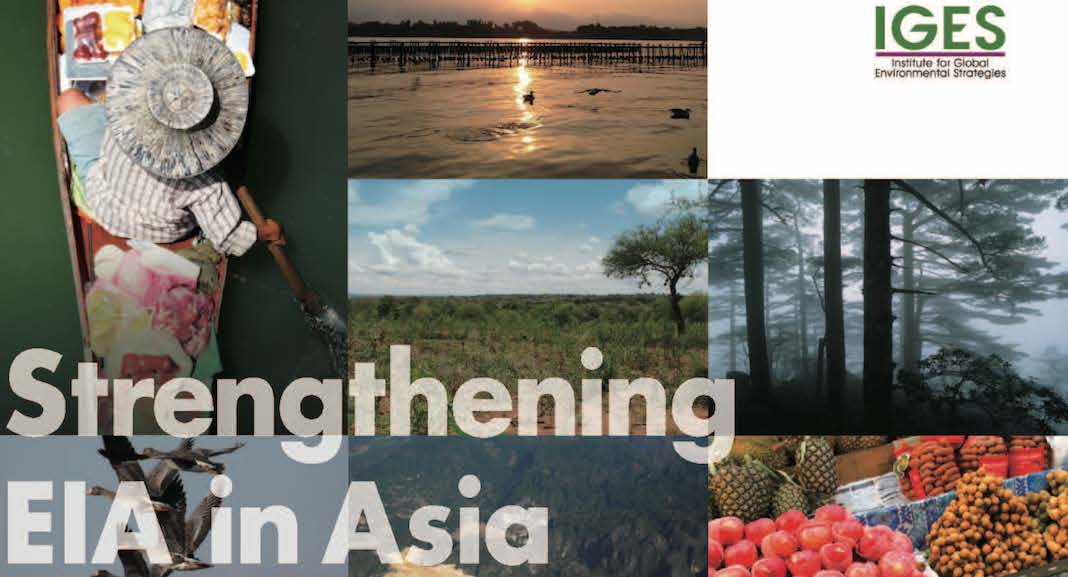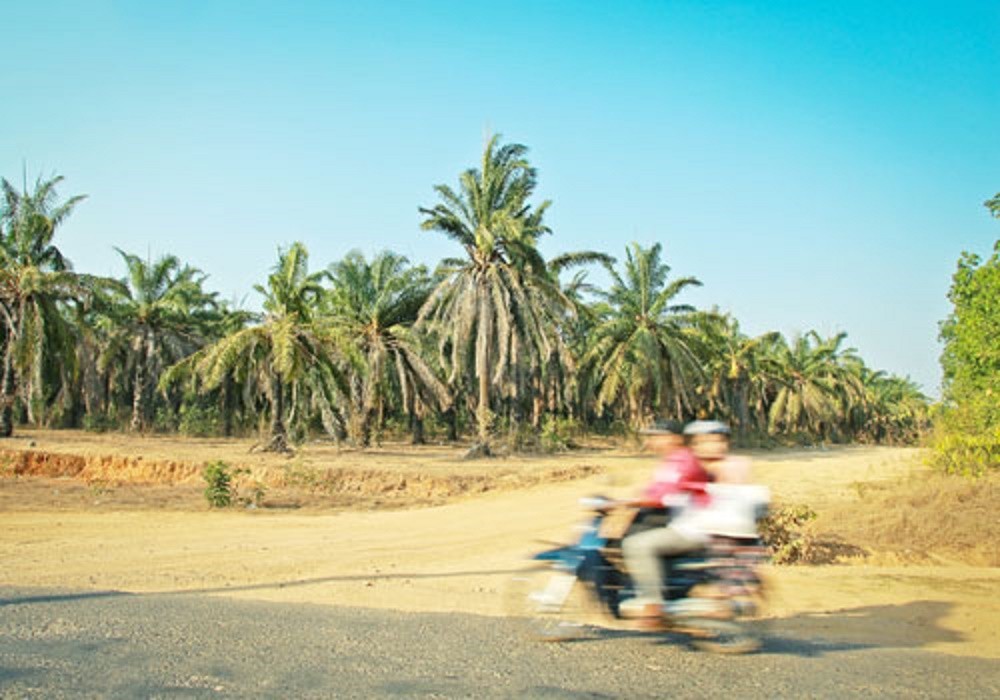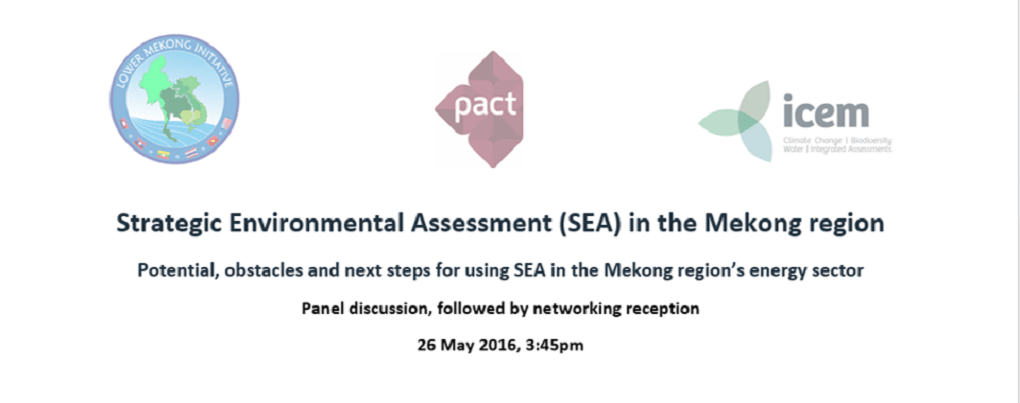Japan recently announced a three-year, $7 billion investment deal to improve the infrastructure of the lower Mekong River region. This deal is a move to offset China’s growing economic influence within the region. Furthermore, because of geopolitical reasons, it will be beneficial to Japanese investors who may be dissuaded from other regions, such as Russia.
Category: Article
A Thirsty Mekong Delta
Located at the end of the Mekong River basin, the Mekong Delta in Vietnam is currently experiencing the most severe drought and salinity intrusion in 100 years.
According to experts, the principal reason is development activities in GMS countries related to the use of the Mekong River’s water resources, including the operation and construction of mega-dams along the river as well as water diversion for agricultural purposes.
Let there be light: The Challenge of powering Myanmar
Myanmar aims to achieve national electricity coverage by 2030, but there are big questions about whether that goal can be achieved and what impact it could have on the environment and communities.
Plan continues for waterway transport system and hydropower on Red River
Vietnam’s Ministry of Investment and Planning (MPI) received the requirement for approval the investment project of Xuan Thanh group (Xuan Thien Co Ltd) about the construction the waterway transport system and hydropower on Red River, the North of Vietnam. MPI has informed the Prime Minister and consulted with MONRE about this project as MPI thinks that this project will have potential impacts to environment by dredging the riverbed or process of hydropower construction. But in order to understanding how specific the impacts, its need to conducting the EIA report.
The Prime Minister has not yet approved this project as its still lack many information and legal documents. Prime Minster assigned MONRE to establish the exploitation master plan of Red River to ensure the sustainable development.
Mekong River in danger, but MRC is ‘weak’
Dams and water diversion projects along the Mekong River threaten to overwhelm an ecosystem that supports 60 million people and thousands of species, according to a consensus of scientists, NGOs and governments. But amidst this pending crisis, the main mechanism set up to protect the river is becoming all but irrelevant.
The Mekong now needs more protection than ever, experts say, but the Mekong River Commission (MRC) – an international body that manages Mekong development and water resource use – has been steadily losing power for years, say current and former employees who spoke on condition of anonymity.
Drought: Hydropower’s Achilles Heel
Drought: The news has been full of it.
Fish are disappearing from markets from Zimbabwe to Vietnam because of it. Kenyan barristas are making “camelcinos” because drought has made cow milk scarce. And in India, men from some villages are even finding it hard to get wives because the water shortage makes them look like a bad bet.
Across Asia, Africa and Latin America, the rains are not falling – they’re failing.
But drought is no longer just a concern for farmers; it’s increasingly becoming a major humanitarian and political issue, particularly in hydropower-dependent countries.
Strengthening EIA In Asia
This report was prepared for the Asia EIA Conference 2016 organised on 10 May by the Ministry of the Environment, Japan (MOEJ). The conference was held under the theme of enhancing EIA as a sustainable development planning tool in Asia in collaboration with the Asian Development Bank (ADB) and in cooperation with the US Environmental Protection Agency (USEPA).
The report is based on a study conducted in seven Asian countries, namely Cambodia, Indonesia, Korea, Lao PDR, Myanmar, Thailand and Viet Nam, on their national EIA systems and their implementation, between September 2014 and February 2016. The report aims to summarise and analyse challenges, opportunities and good practices on EIA in these countries to propose possible ways forward as well as potential mutual learning points for strengthening EIA implementation and thus advancing towards a sustainable society. Findings are presented in four segments: (i) quality of EIA (screening and scoping, impact assessment and environmental management and monitoring plan (EMMP), and review and approval of EIA); (ii) information disclosure and public participation; (iii) EMMP implementation; and (iv) Strategic Environmental Assessment (SEA) and upstream EIA.
China-led AIIB Looks Toward Co-Financing Projects, At Least Initially
Early last year, when the United States’ Western European allies began eagerly signing up for China’s nascent Asian Infrastructure Investment Bank (AIIB) as founding members, it seemed as if Washington was confident that the AIIB would emerge as a poorly governed tool of Chinese geoeconomic statecraft, beholden to lower standards than the World Bank and the Asian Development Bank (ADB), the highly experienced international development banks. At the core of these concerns was a perception that the AIIB would be supplementary instead of complementary to existing development banks–both in terms of its governance and the projects it selected.
A year and a few weeks ago, the AIIB’s 57 founding members finalized its charter; in the final days of 2015, the members ratified the bank’s Articles of Agreement. Finally, early in the new year, the AIIB opened its doors for business. Now, just over three months into its operations, the AIIB has decided on its first projects. As I’d briefly discussed in April, the AIIB’s first projects have demonstrated that concerns a year ago in Washington and Tokyo may have been overstated. For now, the bank appears to be pursuing a modest and complementary approach in selecting its projects.
Dawei locals launch campaign against Chinese oil refinery plans
This quiet stretch of coast just south of Dawei is today used mostly for swimming and fishing by local villagers or the occasional tourist (see related story).
But the northern area of the bay is set to become part of a Chinese plan to build Myanmar’s largest oil refinery – which controversially received approval in the final days of former president U Thein Sein’s administration.
EVENT: Strategic Environmental Assessment (SEA) in the Mekong region
On May 26, 2016 Pact and the International Center for Environmental Management (ICEM) invite you to a panel discussion on strategic environmental assessment as it relates to energy investments in the lower Mekong region. The discussion will be followed by a networking reception recognizing 25 government officials from the lower Mekong region who are participating in a workshop on the same topic.


